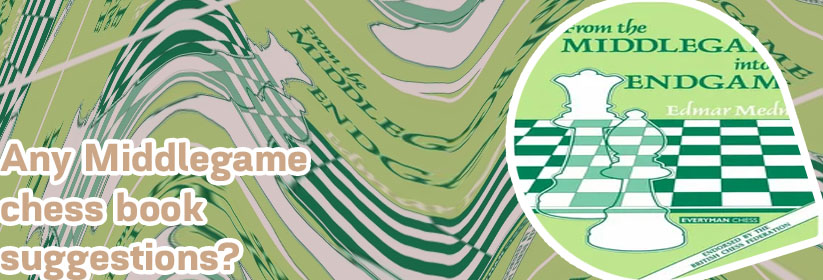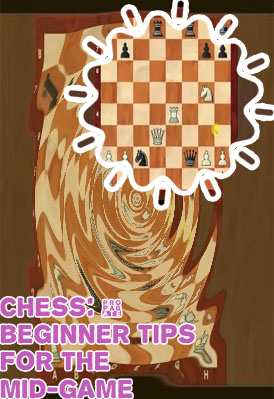
Chess enthusiasts often debate about what the best chess games of all time are, with many iconic matches being remembered for their incredible strategies and skillful maneuvers. To provide some insight into this topic, we have compiled a list of four articles that highlight some of the most famous and influential games in the history of chess. These articles delve into the strategic decisions, surprising moves, and brilliant tactics that have made these games stand out and become memorable in the world of chess. Whether you are a beginner looking to learn from the masters or an experienced player seeking inspiration, these articles offer a glimpse into the fascinating world of chess and some of the best games ever played.

"The Immortal Game" is a legendary chess match played between Adolf Anderssen and Lionel Kieseritzky in 1851. This iconic game is known for its brilliant sacrifices, daring attacks, and strategic brilliance, making it one of the most famous games in the history of chess. Anderssen, playing with the white pieces, sacrificed his queen to deliver a stunning checkmate against Kieseritzky, showcasing his unparalleled skill and creativity on the board.
The game itself is a masterpiece of tactical play, with Anderssen demonstrating a deep understanding of chess principles and a willingness to take risks in pursuit of victory. His sacrifices are considered some of the most daring and spectacular in chess history, leaving a lasting impression on players and enthusiasts alike.
One practical use case for studying "The Immortal Game" is for aspiring chess players looking to improve their tactical skills and strategic mindset. By analyzing the game and understanding Anderssen's thought process, players can learn valuable lessons on how to create winning opportunities, anticipate their opponent's moves, and calculate variations accurately. This can lead to improved performance in competitive chess games and a deeper appreciation for the beauty and complexity of the game.
In May 1997, the world witnessed a historic event in the realm of chess when the rematch between reigning world champion Garry Kasparov and IBM's supercomputer Deep Blue took place. This highly anticipated showdown captured the attention of not only the chess community but also the general public, as it pitted human intelligence against artificial intelligence in a battle for supremacy.
The original match in 1996 had ended in victory for Kasparov, but the rematch was a different story. Deep Blue, which had been upgraded and fine-tuned after the previous defeat, proved to be a formidable opponent. The six-game match was closely contested, with Kasparov winning the first game, Deep Blue taking the second, and the remaining games ending in draws. In the decisive sixth game, Kasparov made a critical error that allowed Deep Blue to claim victory, becoming the first computer to defeat a world champion in a match under standard chess tournament conditions.
The rematch between Deep Blue and Kasparov marked a significant milestone in the development of artificial intelligence and its applications in the field of competitive gaming. It showcased the potential of machines to rival and even surpass human intellect in specific domains, sparking debate and discussion about the implications of such advancements. The match remains a pivotal moment in the history
The showdown between Bobby Fischer and Boris Spassky in 1972 was more than just a chess match - it was a historic event that captured the world's attention. The tension between the American prodigy Fischer and the Soviet champion Spassky added an extra layer of intrigue to the already intense game. Held in Reykjavik, Iceland, the match symbolized the Cold War rivalry between the United States and the Soviet Union.
Fischer's unorthodox playing style and his demand for special conditions added to the drama of the event. His victory in the match marked a significant moment in chess history, as he became the first American to win the World Chess Championship. The "Match of the Century" showcased the strategic depth and intellectual prowess of both players, captivating audiences around the globe.
As a resident of Moscow, Russia, Dmitry Ivanov was impressed by the level of skill displayed by Fischer and Spassky during the match. He commented, "The intensity of the competition and the strategic maneuvers employed by both players were truly remarkable. It was a thrilling experience to witness such a high-stakes battle unfold on the chessboard." Overall, the Fischer vs. Spassky match remains a defining moment in the world of chess, leaving a lasting legacy for future generations of
In the world of chess, few rivalries captivate fans quite like the showdowns between Magnus Carlsen and Viswanathan Anand. These two titans of the game have faced off in numerous epic battles, each one more thrilling than the last.
One of the most memorable encounters between Carlsen and Anand took place in the World Chess Championship in 2014. The clash between the Norwegian prodigy and the Indian grandmaster was a true display of skill, strategy, and nerves of steel. Fans around the globe were on the edge of their seats as the two players engaged in an intense battle of wits.
Carlsen, known for his aggressive playing style and deep calculation, went head-to-head with the seasoned Anand, whose tactical prowess and experience made him a formidable opponent. The matchup showcased the best of both players, with each move and countermove highlighting their respective strengths and weaknesses.
The tension in the air was palpable as Carlsen and Anand fought tooth and nail for the crown. In the end, it was Carlsen who emerged victorious, solidifying his status as one of the greatest chess players of all time. However, Anand's skill and resilience throughout the match proved that he was a force to be reckoned with.